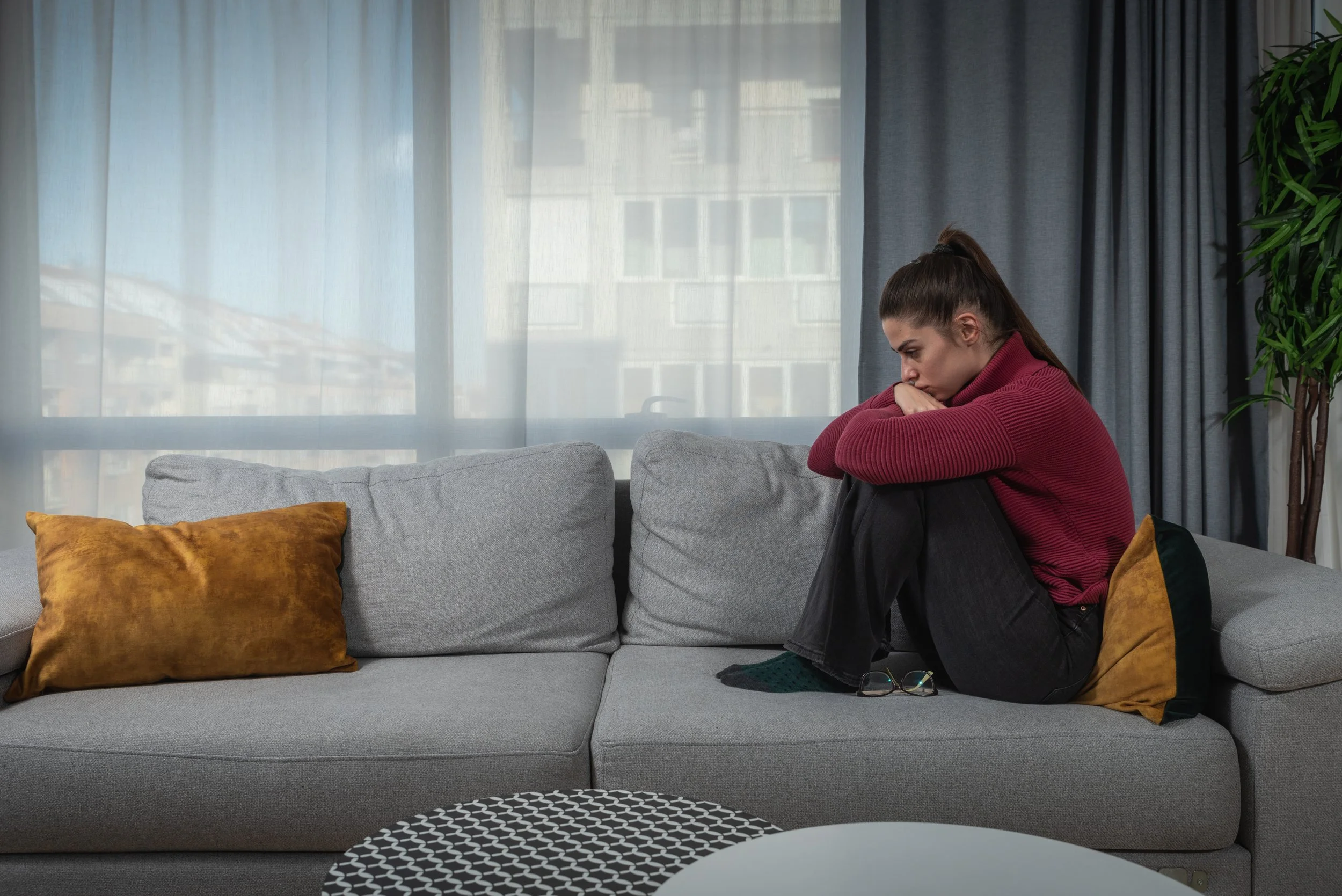As I wrote about last week, I am in the midst of a close family friend’s end-of-life care. It’s an emotional gut punch, especially since it closely mirrors what I experienced with my mom 22 years ago.
Hearing the post-treatment prognosis of a few weeks was a trigger, of course, but then comes the waiting. There is a terrible banality to death from illness. The days where you try to get in as much time with your loved one as you can, knowing your time is limited, but feeling guilty and selfish at the thought that while you gorge yourself on whatever time you can get, your loved one’s life is a painful half-life of medication, sleeping, immobility, lack of appetite, confusion, I could go on.
It’s hard to watch.
When I was in it – the nuclear family of the dying – support came in waves, from all around me. Family and friends came when they could, from near and far. And Hospice was incredible. There are no words for what they gave us in caring for my mom.
But no one can be there all the time.
You spend some of the downtime on administrative tasks. You go over end-of-life wishes. You coordinate care. You try to figure out the intricacies of insurance like Medicare, which won’t pay for rehab and Hospice at the same time, supplementary insurance if you have it, and withdrawals from savings accounts. Even then, there’s only so much to do. And then you’re left alone in your head.
You distract yourself with game shows and crossword puzzles, all the while watching and listening to make sure your loved one is as comfortable as possible, and that you are attentive to the smallest need. Even when you have 24 hour professional care, it is hard to step away and let them do their jobs. In fact, it might be impossible if you are still in the room, and leaving even for an hour or two provokes feelings of anxiety and guilt.
My friends are in this stage now. The prognosis is weeks, but how many? You live in a constant state of tense preparation because it’s still open ended to a degree. Hope for long-term survival is gone, but how long until the end? When will their pain end and your loneliness and loss begin? It’s an exquisite kind of pain watching the one closest to you go through this, and that’s what sits with you, rushing to the forefront of your mind when the people are gone and the distractions are exhausted.
All I can do right now is try to minimize my friends’ alone time. I go as often as my schedule and my own mental health allow, and I try to go when no one else is there. I am always happy to see the others, but the point is to extend a hand to keep my friends afloat, helping them from drowning in the inevitable and depressing thought cycle, at least for a little while. There’s nothing you can do to mitigate it completely, and putting off dealing with your feelings can be unhealthy. But breaking up the long, lonely stretches helps you breathe a bit better for a bit longer.
Because it’s the wee small hours when you’re alone in your head that are the hardest.

